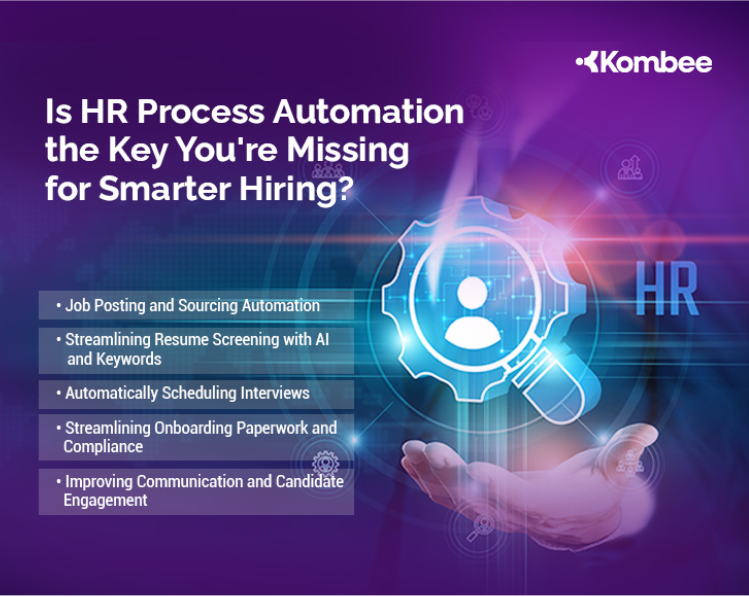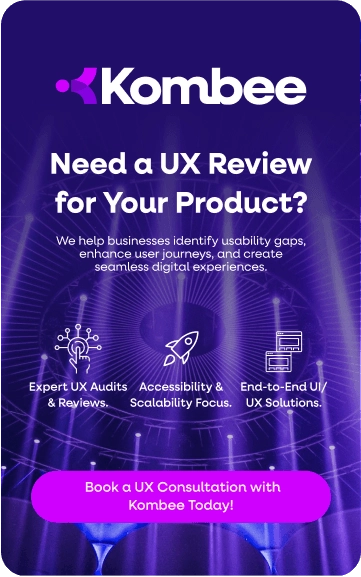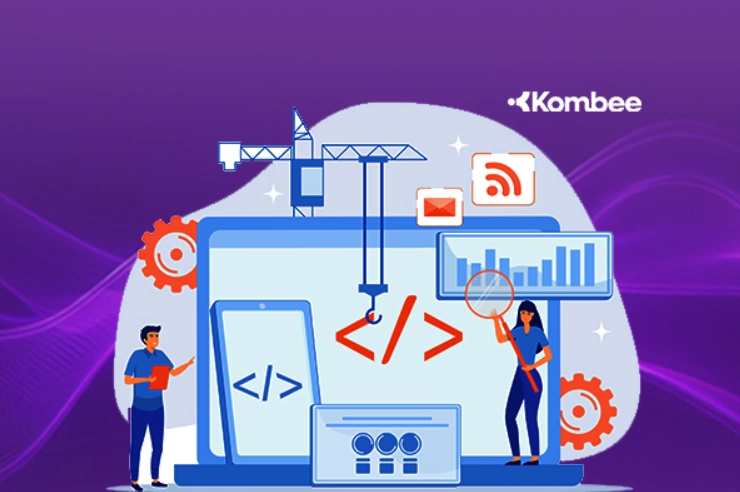Introduction
Is your HR unit struggling to find the right fit? Do you want to eliminate the tedious recruitment process that wastes resources? Then, automation of the HR process could be your way out.
An interview cited by Forbes says that automation cuts interview scheduling time by up to 85%. That is not a statistic; it indicates how much time and resources HR units can gain back.
In this blog, let us see what human resources workflow automation is, why it matters, how it transforms the recruiting process, and how your business can do it effectively.
What Is HR Process Automation and Why Does It Matter?
HR process automation uses technology to automate repetitive, rule-based recruitment and onboarding processes. It converts manual processes into automatic digital processes, allowing HR staff to prioritise strategic, high-impact activities such as candidate interaction and talent planning.
Why HR Process Automation Is Important:
- Speeds up the recruitment cycle, decreasing time-to-hire considerably.
- Improves data quality and compliance, decreasing legal liabilities.
- Standardises the hiring process to eliminate unconscious bias.
- Allows data-driven hiring for greater quality hires.
- Boosts total operational efficiency and cost savings.
- Attracts passive candidates through the ease of proactive recruitment and contact.
Speed, quality, and candidate satisfaction are achieved through automation by eliminating bottlenecks and enforcing procedures.
What Are the Business Hiring Challenges Today?
Identifying top talent is more challenging than ever, with slow and labour-intensive processes bringing in delays and increased costs. Some of today's most critical business hiring challenges are explained below:
- Long Recruitment Cycles: Labour-intensive, disconnected hiring practices take months or weeks. Resume screening, interview coordination, and communication management are time-wasters that slow down hires and erode productivity.
- High Cost of Bad Hiring Decisions: Poor hires sap budget and lower productivity. Turnover due to poor decisions forces HR to start over, piling up costs and diverting teams.
- Talent Deficits and Competitive Advantage: High-calibre talent is competitive and challenging. Organisations that act fast and hire efficiently acquire the best talent, while delays can lose prospects to competitors.
- Manual Processes Causing Errors and Bias: Manual processes introduce risks of data error, compliance, and inconsistent treatment. Unconscious bias can result from subjective judgments, limiting diversity and fairness.
How HR Process Automation Is the Key to Transforming Your Hiring Process?

HR process automation revolutionises hiring since it streamlines routine tasks and improves efficiency at every stage of the recruitment process.
- Job Posting and Sourcing Automation: Instead of posting job opportunities manually on multiple boards, automated tools post opportunities on various channels with a button. High-end solutions with AI actively source and bring in candidates who match your criteria, expanding your talent pool without effort.
- Streamlining Resume Screening with AI and Keywords: Manually sifting through several hundred applications is time-consuming and error-prone. Automation software uses AI-based algorithms to screen resumes, matching skills, experience, and keywords you define. It sifts through only candidate resumes relevant to your needs, saving the recruiter time.
- Automatically Scheduling Interviews: Manual interview scheduling involves round-the-clock back-and-forth emails. Automation syncs calendars, suggests perfect time slots, sends reminders, and offers confirmations to reduce no-shows. This speeds up the hiring pipeline and improves candidate experience.
- Streamlining Onboarding Paperwork and Compliance: Automated, after they're hired, the sending, gathering, and monitoring of onboarding paperwork. Digital forms, e-signatures, and compliance checklists ensure precision, reduce paperwork, and offer a seamless new hire experience.
- Improving Communication and Candidate Engagement: Automating workflow ensures personalised communication throughout all hiring steps from application receipt to interview notifications and offer letters. Open and prompt communication engages and informs candidates by providing candidate information in time, eliminating drop-offs.
Advantages of HR Process Automation for Smart Hiring
Automating human resources workflows provides benefits that drive hiring to be intelligent and efficient. By doing so, these benefits speed up hiring, improve the quality of talent, and improve candidate satisfaction.
- Faster Time-to-Hire and Reduced Administrative Load: Automating tasks frees your HR staff to focus more on candidate relations and strategic hiring. This can accelerate filling of roles without adding to your headcount.
- Better Quality of Hires Based on Information: Automation guarantees objective evaluation based on qualifications and competencies. Guesswork and unconscious bias are reduced, allowing you to make informed hiring decisions.
- Consistency and Fairness in Hiring: Automation brings consistency to all candidates' processes. This aids in meeting diversity objectives and ensuring equal opportunity law compliance.
Common Pitfalls to Avoid in HR Process Automation
Pitfalls are the most significant factors in unsuccessful HR automation. The pitfalls that need to be avoided are mentioned below:
- Over-Automation Reducing Human Touch: Applicants prefer personalised interaction, particularly interviews and offers. Automation must complement, not replace, the human touch.
- Neglecting Data Privacy and Compliance Regulations: Keep candidate data secure with GDPR and enforce local privacy regulations. Automate security mechanisms and audit trails for compliance
- No Well-Defined Goals: Set measurable goals for automation so you select the right tools and obtain accurate ROI measurement.
- Undervaluing Change Management Requirements: Prepare your HR function for change by communicating, training, and supporting staff to neutralise resistance and gain high adoption.
How Kombee Guarantees Effective Implementation of HR Process Automation?
A thoughtful consideration is necessary to apply HR process automation effectively in a manner that indeed supports your recruitment processes.
Kombee focuses on understanding your current processes, choosing practical tools for HR automation software, having systems integrated smoothly, and sustaining support through training and continuous development.
- Assess Current Recruitment Process: Kombee collaborates with HR to identify repetitive steps and process roadblocks slowing down hiring, and pinpoints where automation will make the most significant difference.
- Select Right Automation Tools: Using Microsoft Power Automate, Kombee builds workflows as per your company's size and needs and cuts off what is unnecessary.
- Integrate with Existing Systems: Automation integrates perfectly with your HRIS, ATS, Excel, SharePoint, Outlook, and Teams to have consistent data and workflows.
- Train and Engage Teams: Kombee focuses on early involvement of HR staff and hiring managers to become comfortable with the new process.
- Monitor and Optimise: Continuous monitoring of key metrics and user feedback enables optimisation of automation flows, making them more efficient and effective over time.
Through this approach, organisations are able to implement effective human resources workflows to empower real changes in hiring speed, hiring quality, and collaboration.
Conclusion
HR process automation is transforming the recruitment process by speeding up recruitment timelines, driving better candidate quality, and elevating employer brand. It solves slow, costly, and variable hiring with more innovative, data-based processes.
Businesses gain a competitive advantage by automating the routine and standardising processes while making their hiring practices fairer. Strategic utilisation of human resources workflow automation, and the right HR automation software can turn recruitment into a strategic differentiator.
Make your hiring more efficient and hire with sense? Kombee is here to execute human resources workflow automation to maximise productivity and build stronger teams with confidence.
Frequently Asked Questions
1. How does HR automation improve employee experience and retention?
HR Process Automation streamlines tasks like onboarding, payroll, and performance reviews, improving efficiency and reducing administrative burden. By automating human resources workflows, employees experience quicker responses and more consistent processes, leading to higher satisfaction and employee retention.
2. How can HR automation enhance compliance and reduce legal risks?
HR automation software ensures compliance with labor laws by automatically updating policies and tracking changes. Automating human resources workflow automation helps maintain accurate records, reduces human error, and provides timely reports, minimizing the risk of non-compliance and legal issues.
3. What unexpected benefits can small businesses experience from HR automation?
Small businesses can benefit from HR Process Automation by saving time and resources. It reduces manual errors, enhances data accuracy, and frees up HR teams to focus on strategic tasks. It also improves employee engagement through faster communication and streamlined human resources workflows, ultimately boosting productivity.







